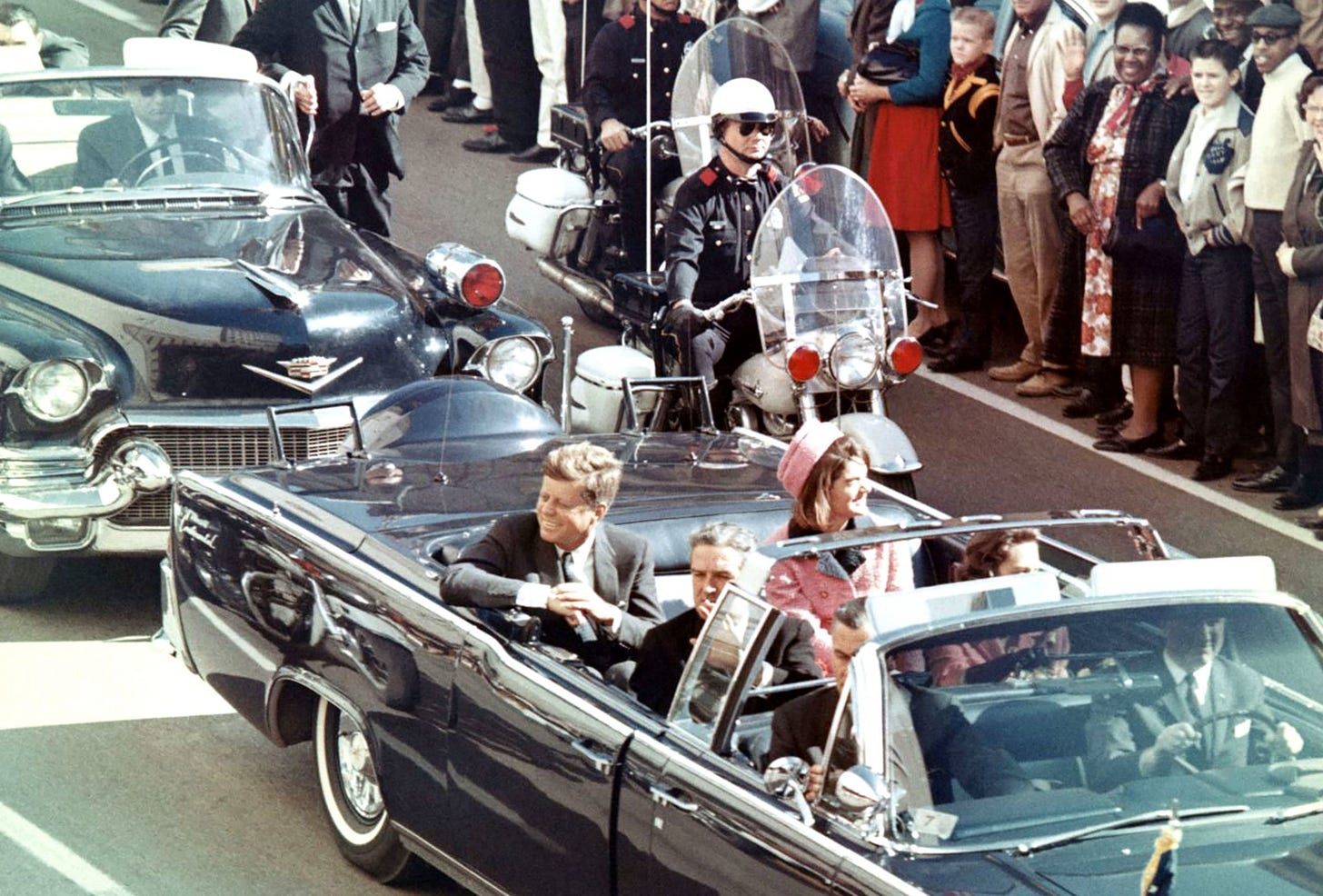Was JFK's Assassination Preventable?
Did the CIA fail to share information with the FBI about Oswald's unhinged behavior?
Donald Trump’s January 23 Executive Order to declassify the assassination files of President John F. Kennedy have raised public expectations that at long last a smoking gun document might reveal a deep state conspiracy. After studying the case for 35 years and having reviewed the documents already unsealed, I do not expect to find evidence of an Oliver Stone-styled conspiracy. There is, however, a lingering question that could reshape how history judges the case: was the president’s murder preventable?
It was revealed after 9/11 that the CIA had known about two Saudi terrorists living in California but had not shared the information with the FBI until a month before the attacks on the World Trade Center and the Pentagon. By then it was too late to find them. Both Saudis ended up on the 9/11 terror planes.
Did something similar happen in the JFK assassination?
It is more than a hypothetical question because 23-year-old Lee Oswald went to the Soviet and Cuban diplomatic missions in Mexico…




